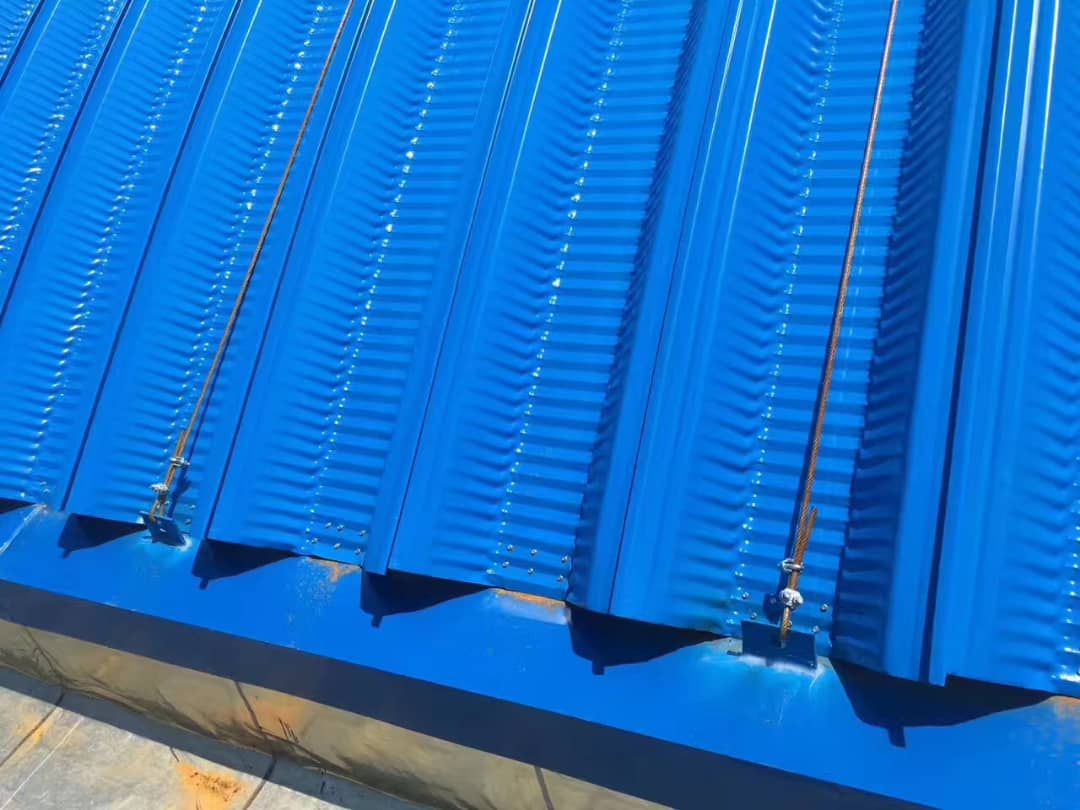
The Essential Role of Drywall Stud Roll Forming Machines in Construction
In the modern construction industry, efficiency, consistency, and quality are paramount. Among the various tools and machinery that contribute to these aspects, the drywall stud roll forming machine stands out as a critical component. This innovative piece of equipment is specifically designed to produce steel studs that are essential for constructing walls, ceilings, and partitions. In this article, we will delve into the mechanics, benefits, and applications of drywall stud roll forming machines.
Understanding Drywall Stud Roll Forming Machines
A drywall stud roll forming machine operates by utilizing a series of rollers to shape flat metal sheets, typically galvanized steel, into structural components, particularly drywall studs. The process begins with feeding a coil of metal into the machine, where it is gradually transformed through successive roller stations. Each station bends the metal to achieve the desired profile, resulting in strong and lightweight studs that can easily support drywall panels.
The machines can be configured to produce various stud sizes and types, catering to different construction requirements. This versatility makes them invaluable for both commercial and residential construction projects, where different stud dimensions may be needed based on load-bearing considerations or architectural designs.
Advantages of Using Roll Forming Machines
1. Efficiency One of the most significant advantages of drywall stud roll forming machines is their efficiency. These machines can produce a high volume of studs in a short amount of time, reducing labor costs and minimizing downtime on construction sites. The continuous process of roll forming allows for rapid production without sacrificing quality.
2. Consistency Consistency is crucial in construction, where even slight variations can lead to structural issues. Roll forming machines ensure that each stud produced meets precise specifications, which is vital when considering the interlocking nature of wall construction. This uniformity not only speeds up the installation process but also enhances the overall integrity of the built environment.
3. Customization Modern drywall stud roll forming machines offer customization options that allow manufacturers to produce unique profiles and designs. This adaptability is essential in meeting the diverse needs of clients and accommodating various building codes.
4. Material Efficiency Roll forming minimizes waste by using the exact amount of material needed for each stud profile. Traditional methods, such as cutting from larger sheets, often result in excess scrap. By utilizing coils, drywall stud roll forming machines maximize material usage, making them a more sustainable option.

5. Durability The studs produced by roll forming machines are typically made from hot-dipped galvanized steel, which provides excellent resistance to corrosion and wear. This durability ensures that the product will maintain its structural integrity over time, making it ideal for various environments, including those prone to moisture or extreme temperatures.
Applications in the Construction Industry
Drywall studs produced by roll forming machines are widely used in multiple sectors of the construction industry. They are primarily found in
- Residential Construction For framing walls, ceilings, and partitions, drywall studs offer a lightweight yet robust solution. Builders appreciate their ease of handling and speed of installation.
- Commercial Projects Large-scale commercial buildings benefit from the rapid production capabilities of roll forming machines, allowing contractors to meet strict deadlines while maintaining high-quality standards.
- Industrial Applications In warehouses and factories, drywall studs are used for creating enclosures, office spaces, and separate work areas, demonstrating their versatility across different building types.
- Renovations and Upgrades As older buildings are renovated or upgraded, drywall studs are often used to improve insulation, acoustics, or fire safety. The adaptability of these studs ensures they can be used effectively in various retrofitting projects.
Conclusion
The drywall stud roll forming machine has become an indispensable tool in the construction industry. Its ability to produce high-quality, consistent, and customizable studs efficiently makes it a preferred choice for builders and contractors alike. As the industry continues to evolve, embracing new technologies and practices, the importance of such machinery will only grow. Investing in drywall stud roll forming machines not only enhances operational efficiency but also plays a critical role in shaping the future of construction.